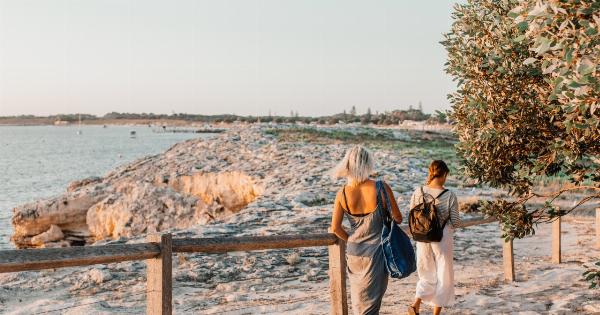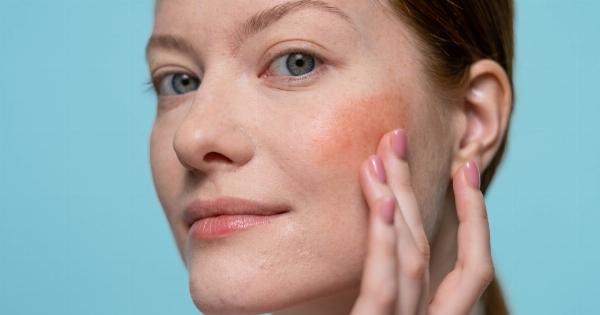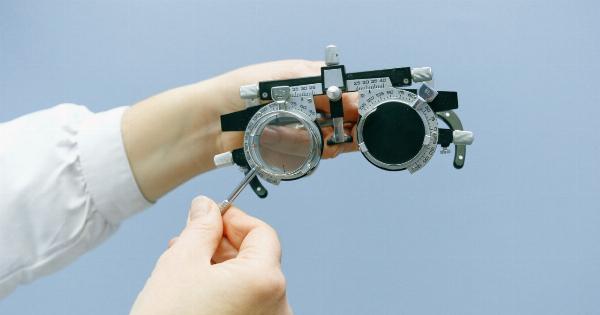When we get a bruise, it is usually a result of a trauma or injury that causes blood vessels to rupture under the skin. The discoloration that we see is due to the buildup of blood in that area.
Bruises can be caused by a variety of factors such as bumping into something, falling, or even some blood-thinning medications. Most bruises will disappear after a few days or weeks, but sometimes they can persist for much longer. In this article, we’ll explore the science behind persistent bruises and what you can do to help them heal.
What Causes Persistent Bruises?
There can be several underlying causes for persistent bruises. Here are some of the most common reasons:.
Age-related factors
As we age, our skin becomes thinner and loses its elasticity. This makes it more susceptible to bruising. Additionally, the blood vessels in our skin become weaker and more prone to rupture, leading to bruises that can take longer to heal.
Medications
Some medications such as aspirin, ibuprofen, and blood thinners can increase the risk of bruising and the time taken for them to heal.
These medications work by reducing the body’s ability to clot blood, making it more likely that blood vessels will rupture.
Nutrient Deficiencies
Vitamin C and K deficiencies can lead to an increased risk of bruising. This is because both these vitamins are necessary for healthy blood vessels and clotting.
Blood Disorders
Some blood disorders such as leukemia, hemophilia, and von Willebrand disease can cause easy bruising and slower healing times. These disorders affect the blood’s clotting ability, making it harder for the body to repair damaged blood vessels.
How to Help Bruises Heal Faster
While some causes of persistent bruises may be out of your control, there are several things you can do to help your body heal faster. Here are some tips:.
Ice the Area
Immediately after you get a bruise, apply an ice pack or cold compress to the area. This can help reduce inflammation and swelling, and may prevent the bruise from becoming more severe.
Apply Heat
After a day or two, switch to using a warm compress. The heat can improve blood flow to the area, which can help speed up the healing process.
Elevate the Affected Area
If possible, elevate the affected area above the level of your heart. This can help reduce swelling, which can make the bruise heal faster.
Get Enough Nutrients
Eat a diet rich in vitamins C and K, which are crucial for healthy blood vessels and clotting. Foods such as broccoli, spinach, citrus fruits, and berries are good sources of these vitamins.
Stay Hydrated
Drinking plenty of water can help keep your skin hydrated, which can make it more resistant to bruising. Additionally, staying hydrated can help improve blood flow throughout your body, which can help speed up the healing process.
When to See a Doctor
If you have a persistent bruise that doesn’t seem to be healing or is accompanied by other symptoms such as pain, swelling, or fever, it’s important to seek medical attention.
A doctor can help determine the underlying cause of your bruise and recommend appropriate treatment.
Conclusion
Bruises can be annoying and unsightly, especially if they take longer than usual to heal. While persistent bruises can have several underlying causes, there are several things you can do to help your body heal faster.
By applying ice, heat, and elevating the affected area, staying hydrated, and eating a nutritious diet, you can speed up the healing process and get back to feeling your best.































